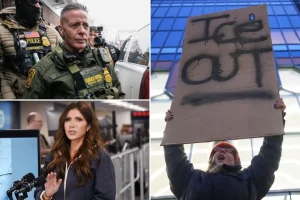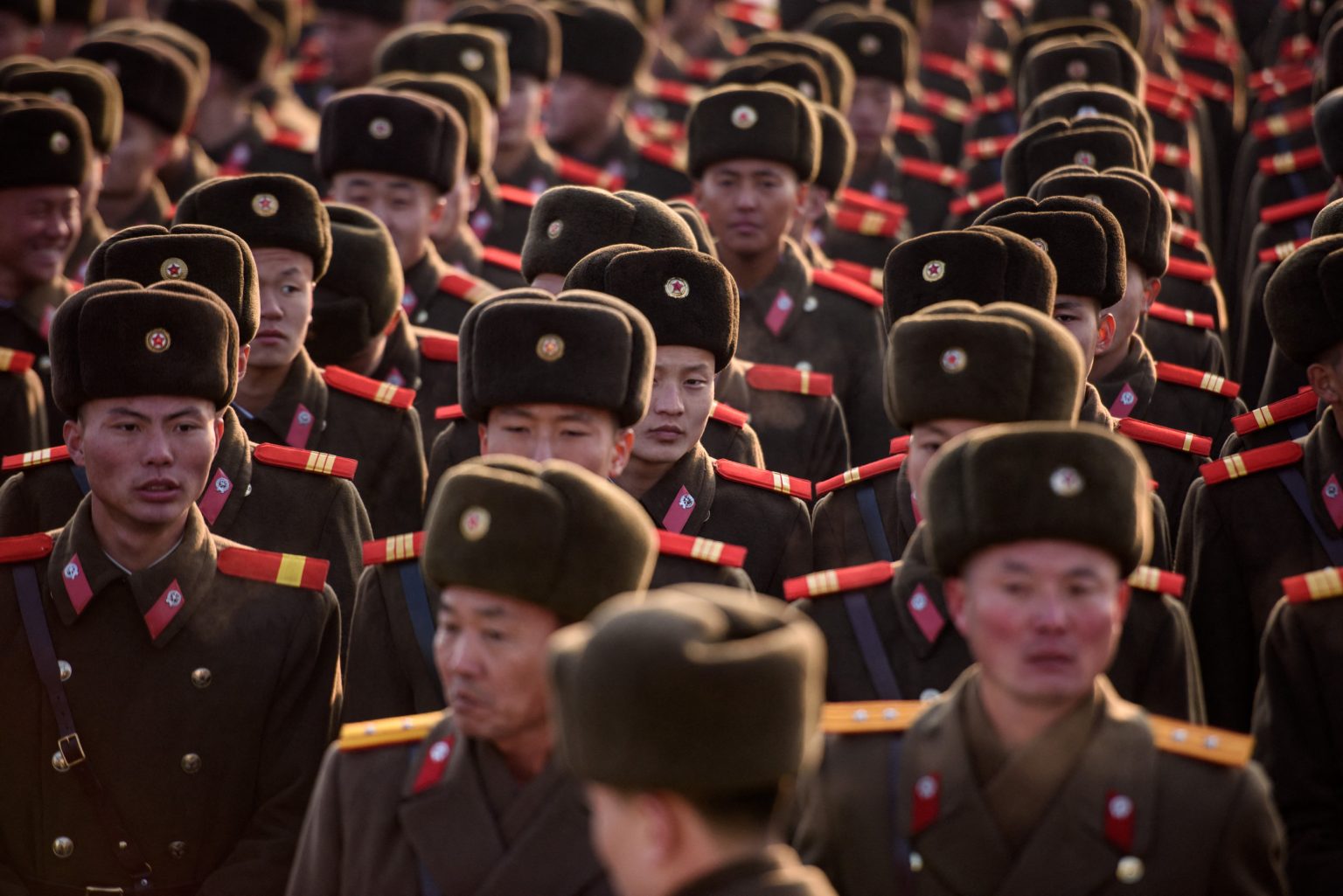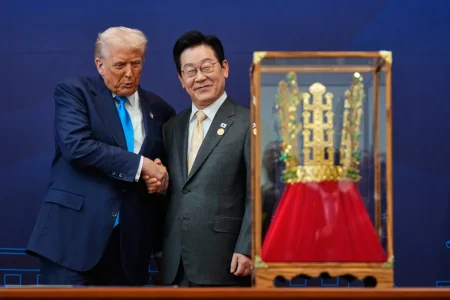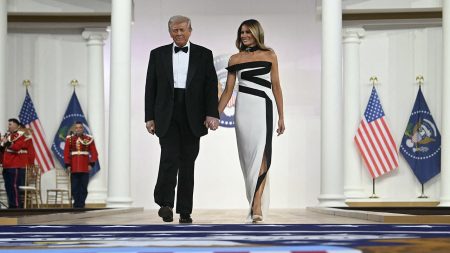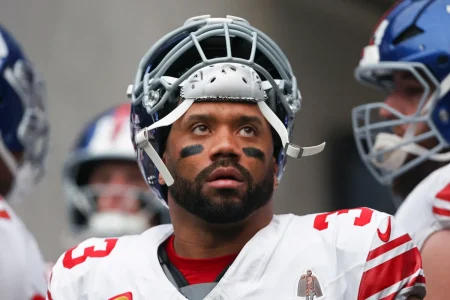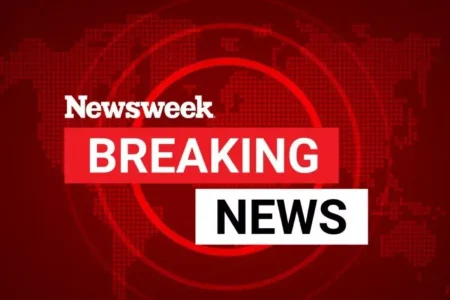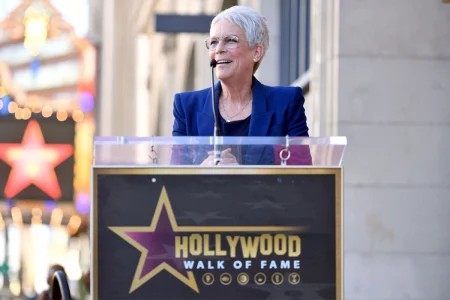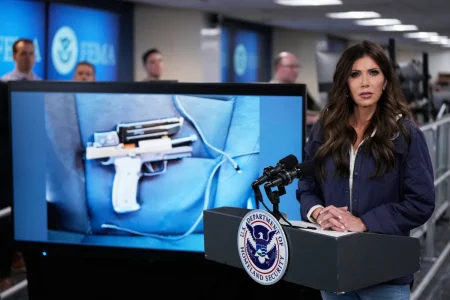Ukrainian President Volodymyr Zelensky’s decision to publicize videos of captured North Korean soldiers has sparked controversy, with Human Rights Watch (HRW) asserting that the act violates international humanitarian law. While not constituting a war crime, HRW argues that Zelensky’s sharing of the videos on social media contravenes Article 13 of the Third Geneva Convention, which mandates the protection of prisoners of war (POWs) from “insults and public curiosity.” This article emphasizes the importance of treating POWs with dignity and shielding them from public scrutiny. Although Ukraine generally cooperates with international organizations to ensure humane treatment of POWs, this incident raises concerns about potential repercussions, especially given Russia’s documented violations of international humanitarian law against Ukrainian POWs and other war crimes.
The videos in question depict captured North Korean soldiers undergoing interrogation by Ukrainian authorities. One video shows a wounded soldier recounting his experience and how he ended up in Russian custody, while others reveal the soldiers’ apparent lack of awareness regarding their mission in Ukraine. Zelensky used these videos to highlight Russia’s exploitation of North Korean personnel in the conflict. One video, released on January 14th, showcases a wounded North Korean fighter describing how Russian troops abandoned him during a retreat. Another, posted on January 12th, features two captured North Korean soldiers whose interrogations suggest they were ill-informed about their deployment. A subsequent video shows a North Korean soldier claiming inadequate training, transport on a cargo ship rather than a military vessel, and his family’s unawareness of his location.
HRW emphasizes the potential risks these videos pose to the captured soldiers and their families back in North Korea. Lina Yoon, a senior researcher for HRW’s Asia division, notes that the videos violate Article 13 of the Third Geneva Convention and could expose the soldiers to severe consequences upon repatriation, including enforced disappearance, torture, wrongful imprisonment, forced labor, or even execution. One video, in which a soldier expresses a desire to remain in Ukraine, could be interpreted as treasonous by North Korean authorities.
This is not the first time concerns have been raised about the public display of captured soldiers. In March 2022, HRW contacted Ukrainian authorities regarding similar incidents involving Russian POWs. The organization has consistently emphasized the importance of upholding the Geneva Conventions and treating all POWs humanely, regardless of their nationality or the circumstances of their capture. The ICRC has also called for media restraint in portraying captured soldiers to ensure their protection under international law.
The deployment of North Korean troops to fight alongside Russian forces in the Kursk region further complicates the situation. Estimates suggest that thousands of North Korean troops have been deployed to the area, with Western analysts predicting significant casualties by 2025. This deployment highlights the internationalization of the conflict and the potential for further human rights violations.
While HRW acknowledges that Zelensky’s actions do not constitute a war crime, they emphasize the potential damage to Ukraine’s reputation and the possible repercussions for Ukrainian troops held captive by Russia. The incident underscores the delicate balance between information warfare and adherence to international humanitarian law, and the importance of prioritizing the humane treatment of all POWs, even amidst the complexities of ongoing conflict. The lack of formal consequences for such violations, as noted by HRW, nonetheless calls for a broader discussion on upholding the spirit and principles of the Geneva Conventions to ensure the protection of all individuals caught in armed conflicts. Ukraine’s cooperation with international organizations regarding POW treatment remains a crucial element in mitigating potential future violations and upholding its commitment to human rights.

